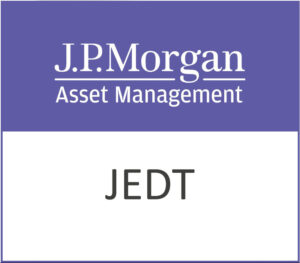A market order is a type of order placed by an investor to buy or sell a stock at the current market price. When an investor places a market order, the trade is executed immediately at the best available price. Market orders are typically used when an investor wants to buy or sell a stock quickly, and is willing to accept the current market price.
When an investor places a market order to buy a stock, the order will be executed at the lowest available sell price, this means that if multiple traders are selling the same stock at different prices, the investor will get the lowest sell price. And when an investor places a market order to sell a stock, the order will be executed at the highest available buy price, which means if multiple traders are buying the same stock at different prices, the investor will get the highest buy price.
Market orders are useful for investors who want to buy or sell a stock quickly and don’t want to wait for a specific price to be reached. This can be especially useful in fast-moving markets where prices can change rapidly. It can also be useful when you want to buy or sell a specific stock that does not have a big trading volume, as it can take some time for limit orders to be filled, meanwhile the price could have changed.
However, it’s worth noting that by using a market order you may end up buying or selling shares at a price that is significantly different from the current price, especially if the market is volatile or illiquid. Market orders provide no price guarantee and can lead to buying or selling shares at a less favorable price.
Market orders are a common way for investors to buy and sell stocks quickly on the London Stock Market. They’re easy to use and provide immediacy, but they do not guarantee a specific price and can result in buying or selling shares at a less favorable price, especially in volatile or low liquidity markets. It’s important for investors to weigh the benefits of immediacy versus price certainty when deciding whether to use a market order.
« Back to Financial Terms Index








